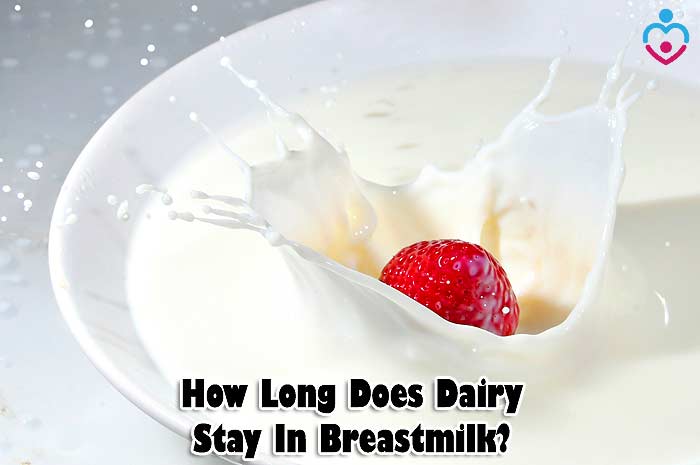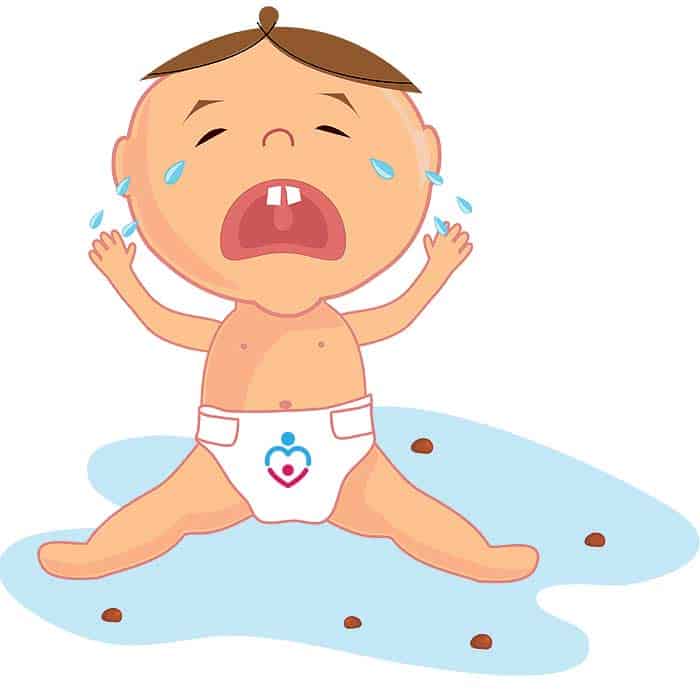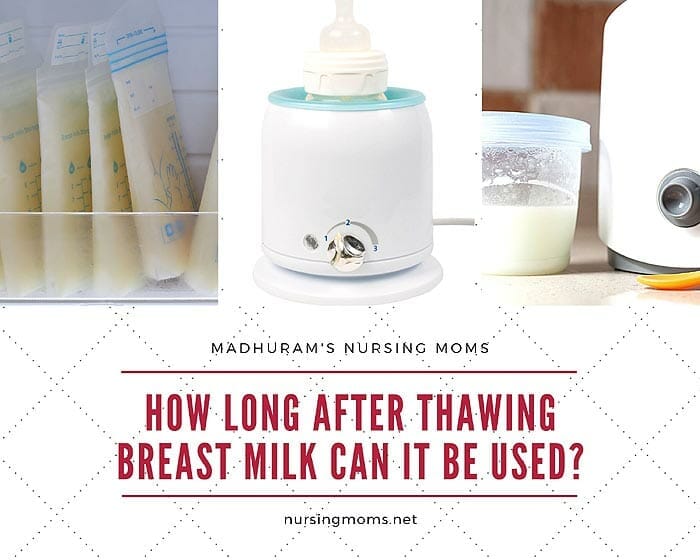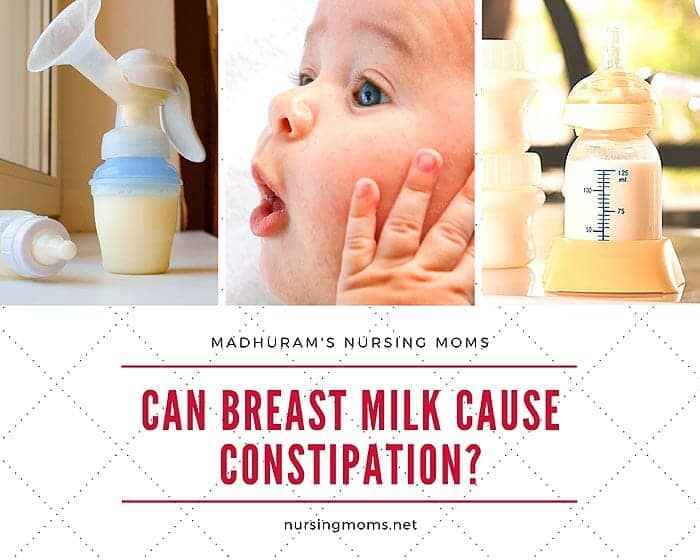
Dairy products that are so common in our diet can have different side effects on our breastfed babies. These effects depend a lot on the specific allergies your baby has if they have any.
Explore how long does dairy stay in breastmilk and the signs of dairy or lactose allergy on this page.
Jump to:
And you should adapt your diet according to your baby's needs and tolerances.
How long does dairy stay in breastmilk?

Unlike coffee, dairy is one of the foods that can stay for a long time in your system.
- Dairy can stay between a week and four weeks in your system and, therefore, be transmitted to your baby.
- If your baby is not lactose intolerant, you should be able to consume dairy products with no concerns.
- However, if you suspect your baby has a form of allergy, you should consider eliminating dairy derivatives as well as the main products for the time you are breastfeeding.
![]()
What are the signs of dairy allergy in the baby?
To establish your diet the best, you will have to understand your baby's allergies. These allergies are specific to each infant, and you can't apply diet patterns to deal with them. If your baby is allergic to the diary, you should identify what type of allergy they have.

- Some babies will be allergic only to the main milk-based products, while others will not react well to anything containing lactose. To know your baby's allergy, if it exists, you have to understand the signs they present.
- Your baby might be intolerant to cow's milk protein or to lactose. These two types of allergies are not the same. Sometimes, these two allergy types can be present simultaneously.
- If your baby is sensitive to cow's milk protein, they will present signs like colics, eczema, excessive vomiting, diarrhea, and other similar symptoms.
- If this is the type of allergy your baby has, turning to lactose-free products will not fix it because they are intolerant to the protein in the milk, not the lactose.
- You can cook the milk to high temperatures, such as boiling ones to reduce the risk. But the best solution is to avoid cow's milk altogether.
If your baby is lactose intolerant, they will have a lot more severe symptoms.
- They might not be able to digest the food at all. This leads to constipation and lack of development.
- In such a case, unless they have the allergy to cow's milk protein too, you can replace their milk with a lactose-free one.
- In most cases, the symptoms disappear, and this allergy can be kept under control quickly.
![]()
- How Long To Breastfeed To Get Benefits?
- Top 10 Best Foods That Promote Lactation
- Top 15 Gas Causing Foods For Breastfed Babies
- Top 10 Foods to Stay Away from While Breastfeeding
- Top 10 Fruits to Avoid While Breastfeeding
- Can You Eat Chocolate While Breastfeeding?
- Can You Eat Spicy Food While Breastfeeding?
If you identify allergies correctly, it will be easier to feed yourself better so that your baby gets the highest quality of milk.
Don't take any risks and contact your doctor in case you have any questions regarding your baby's reaction to your milk.
![]()
Key References
- "Dairy and other Food Sensitivities in Breastfed Babies • KellyMom.com". Accessed December 19, 2019. Link.
- "GiKids - Cow's Milk Protein Allergy". Accessed December 19, 2019. Link.
- "Lactose Intolerance in Infants & Children: Parent FAQs - HealthyChildren.org". Accessed December 19, 2019. Link.





Leave a Reply